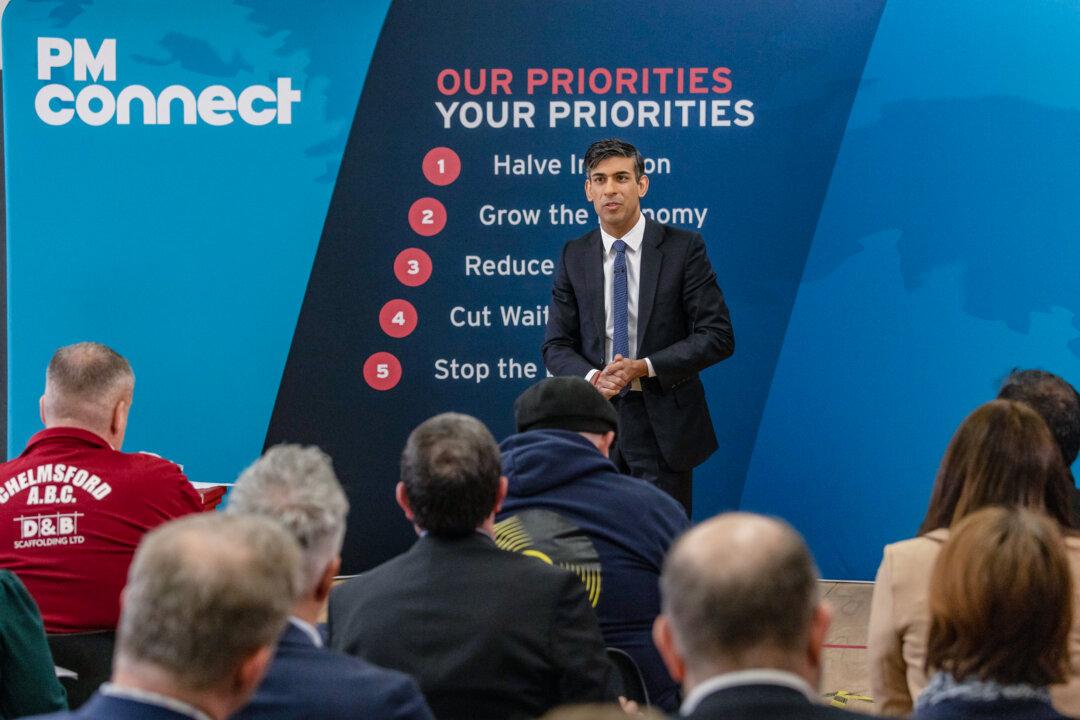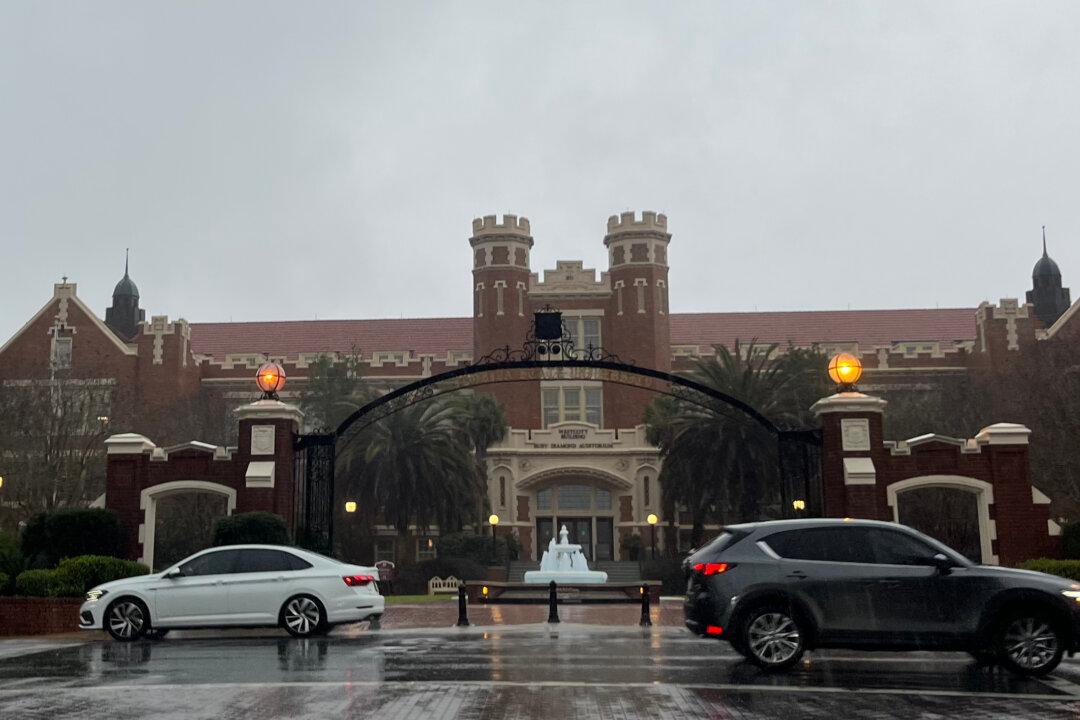The United Kingdom has struck a deal to join the Comprehensive and Progressive Trans-Pacific Partnership (CPTPP) after almost two years of “intense negotiations,” the British government said on March 31.
In a statement, the British government hailed the Asia-Pacific trade deal as the country’s “biggest trade deal since Brexit,” referring to the withdrawal of Britain from the European Union in 2020.





